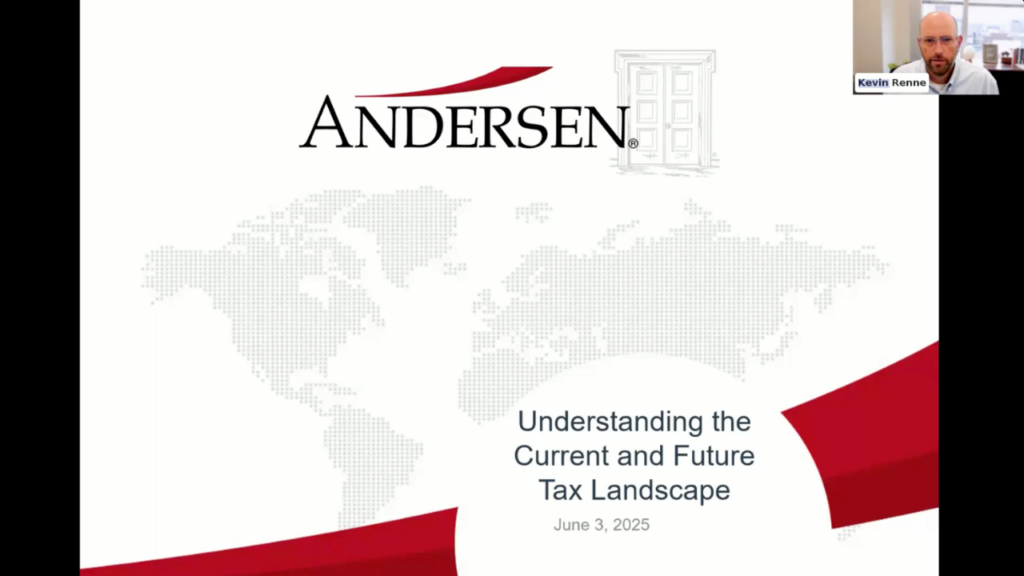For the past 25+ years, you have worked diligently to create the savings and lifestyle you have. Now you’re 10 years out from retirement, and the thought comes to mind: Have I prepared enough to progress into the next era of my life? Will I be ready for retirement, and what else can I do to know that I am prepared?
Just as a coach prepares a team for the upcoming scrimmage or season—evaluating modifications needed and areas for improvement—you should review your entire financial picture to evaluate if you are on the right path for a successful retirement.
In this article, we will discuss important areas to focus on as you prepare to transition from your 9-to-5 routine to your “second act” and enjoy the fruits of your labor.
Cash flow and budgeting in retirement:
Only one-third of Americans have a consistent tracking method to monitor their expenses. By buckling down and determining where your current cash flow is going, you and your trusted financial advisor will be better able to analyze what expenses to expect in retirement.
When determining how much income will be needed in retirement, it is important to consider what your current lifestyle expenses are as well as recognizing that spending habits will change in retirement. Perhaps you will see an increase in medical costs or traveling expenses as you see a decrease in gasoline costs, given the elimination of commuting for work. Another consideration is the inflationary adjustments that are affecting all of us today: What can you expect the purchasing power of your dollars to be as you move into retirement?
Identify income sources:
When we have determined the necessary and discretionary expenses, we can establish your income needs in retirement. Potential sources of retirement income include Social Security, pensions, distributions from investment assets, and passive income (from rentals, for example), to name a few.
Choosing when to claim Social Security benefits is influenced by several factors, including other income sources, health status, family longevity, age of retirement, and Social Security Full Retirement Age (FRA). By not claiming benefits until FRA, you can receive 100% of your benefit amount. If you were able to wait until age 70 to begin receiving Social Security, your retirement benefit would increase by 32%. On the other hand, claiming benefits prior to the FRA age will reduce your benefit.
When determining what your existing sources of income are, you and your advisor should also analyze opportunities to generate additional tax-efficient income.
Evaluate your retirement accounts and other investments:
Over your working years, you have consistently contributed to your employer-sponsored retirement plans—like 401(k)s or 403(b)s—or Individual Retirement Arrangements (IRAs). Now is a good time for potential adjustments, and if your retirement accounts are behind schedule for being sufficiently funded, you can use catch-up contributions (beginning at age 50) to maximize contributions to your retirement accounts and obtain additional savings and growth.
Complementary to your retirement accounts, you have non-qualified (taxable) brokerage accounts. By having a diversified mix of taxable and tax-deferred buckets from which to draw in retirement, you can have the flexibility to manage your taxable income. While you will generally pay income tax for distributions from traditional IRA or pre-tax 401(k) accounts, distributions from non-qualified investments have the advantage of falling under the capital gains tax rules – a potentially lesser tax percentage assessed on the earnings growth of your investment at the time of a sale.
Also worth reviewing is your current cash reserves or emergency savings. Having sufficient funds set aside in the event of unexpected expenses can help you avoid withdrawing from investment assets at a less-than-ideal time.
Additionally, the asset allocation in your investment accounts should be evaluated for suitability to your risk tolerance, goals, needs, and objectives.
Downsizing debt:
Consider your existing debt. Can you consolidate debts or refinance a current loan to a lesser, more favorable, interest rate? You also may be able to negotiate the payoff of other debts. By eliminating payments to existing debts, you can increase your net income stream in retirement.
If you have a mortgage, you may consider moving to a smaller home or relocating to a different area. Consider how achieving your goals in retirement can be eased by reducing your debt.
Consult a fiduciary financial advisor:
CFP® professionals must act as fiduciaries: our actions and recommendations must be made solely in your best interests as our client. When you consult with a fiduciary financial advisor, the recommendations you receive should be unbiased, tailored to your circumstances and objectives, and customized to meet your goals and needs.
Here at JFS, we quarterback your financial plan by taking a holistic approach. We take into consideration tax efficiency, risk management, estate distribution, investment allocation, and business exit strategies as part of your overall financial planning picture. We will work with you to determine a retirement age that allows for a successful and enjoyable retirement and strategize your investments and financial planning around those goals.
Finding your new purpose:
As human beings, we thrive on the relationships we have with each other. Studies have identified social connection as a positive influence on health behaviors and improved longevity. Having a connection with others on a physical and emotional level can improve your health and overall well-being.
Stepping into retirement is a change in more ways than just financially. There is a social component to what was and what is to come in retirement. To help transition into this new space and way of living, start reflecting on ways to be involved and begin identifying your new purpose. Whether that means volunteering within the community or spending more time with your family, start envisioning this future for you.
JFS Wealth Advisors is dedicated to your success. We help clients build personalized financial strategies for retirement and other important goals. To learn more, click here to access our webinar, “Impact of Inflation on Retirement.”




















